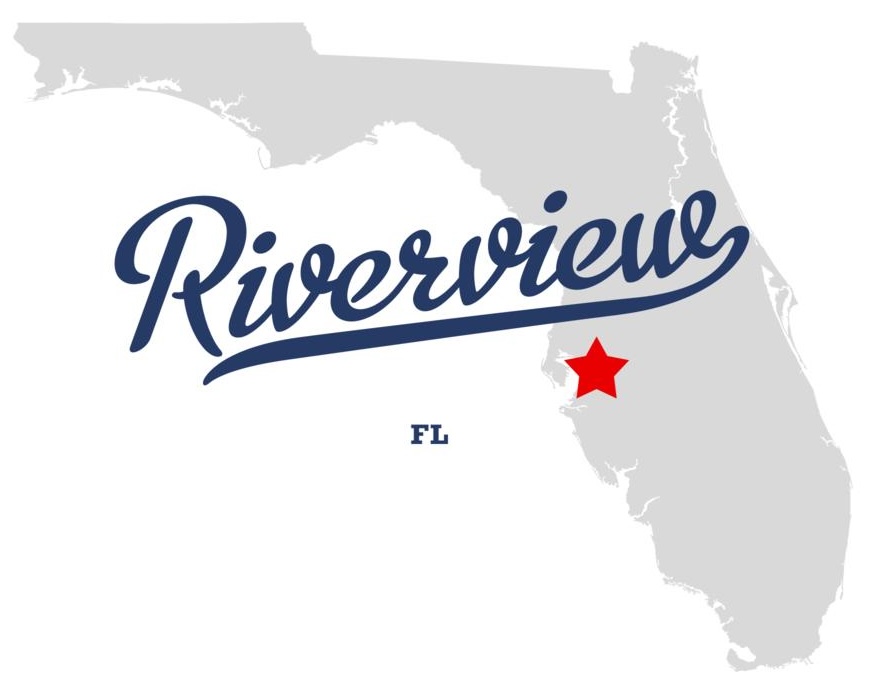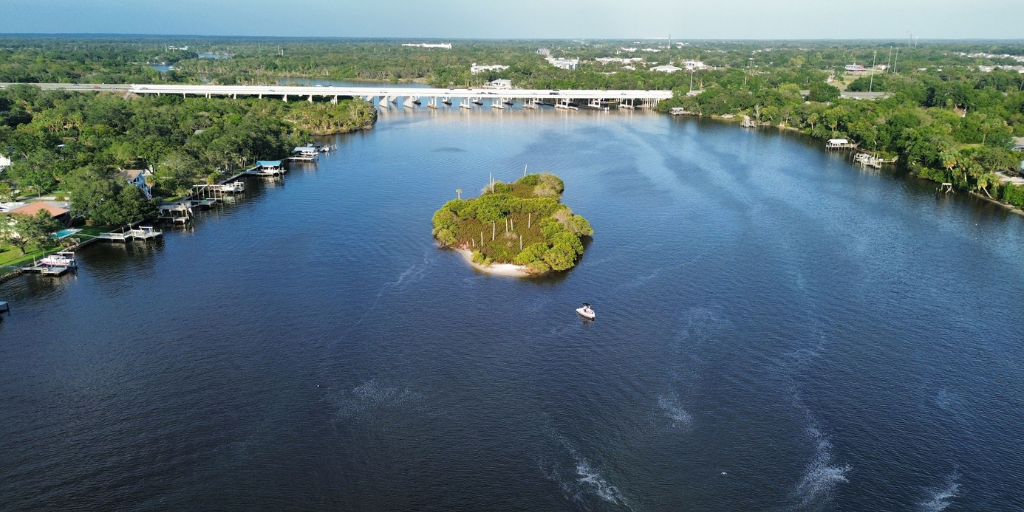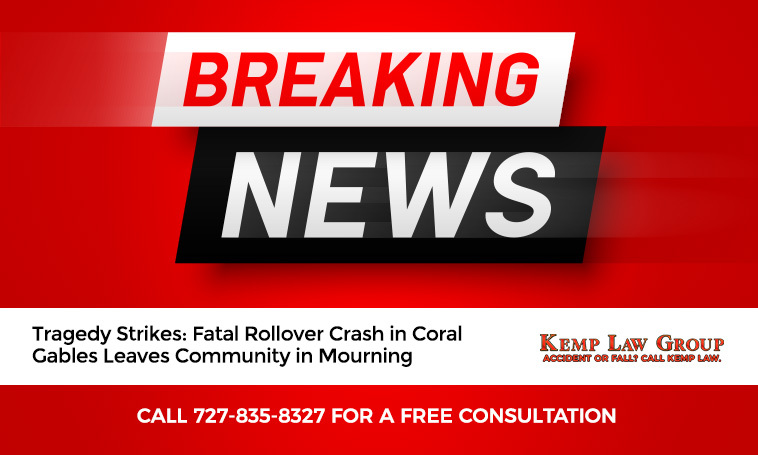
Floridians are always traveling. Some of us for work, some for fun and some to visit relatives or friends. In the next few months, we are going to be interviewing attorneys in other states. These attorneys will explain what to do if you are ever in a car accident in their state and how their state handles car accident claims. Our first attorney interview is with highly successful Atlanta Personal Injury Attorney: Ted Spalding. Let’s begin!

1. Is Georgia a no fault state? If so, does it work the same way Florida does?
Georgia is not a no fault state. You must prove liability in order to recover damages.
2. If I get into an accident in Georgia, am I required to hire a Georgia attorney? If not, do you recommend that I should?
Yes if you plan on filing suit you must have an attorney licensed with the Georgia Bar. Technically that person does not need to be actually in Georgia. However, I would recommend to anyone that they hire a Georgia lawyer for a Georgia claim. One example of why would be because of the difference in value of your claim from county to county in Georgia. If there is a chance the claim can be filed in several different venues, an experienced Georgia injury lawyer would know which venue is the most plaintiff friendly.
3. Since I’m out-of-state, is there a way to avoid going to court in Georgia if my case goes to trial? Would it matter if the accident was my fault or not?
Whether the accident is your fault or not does not matter. There is no requirement that a plaintiff or defendant be present for trial unless the other side subpoenas you to appear to testify. As a plaintiff, it would always be important that you are present for the entire trial. You are asking the jury to award you compensation for your damages. As a practical matter, the jury will need to hear your story and will want to see you are present and taking the case seriously.
4. Does Georgia cap non-economic damages like pain-and-suffering?
The only cap on non-economic damages in Georgia is in medical malpractice claims. In all other personal injury cases, there is no cap on non-economic damages in Georgia.
5. Are punitive damages available in Georgia? If so, what usually justifies them being awarded?
There are punitive damages in Georgia. The conduct of the defendant must be considered so severe that it is considered willful misconduct, malice, fraud, wantonness, oppression, or that entire want of care which would raise the presumption of conscious indifference to consequences. In Georgia, punitive damages are awarded to a plaintiff not as compensation for the Plaintiff but to punish, penalize or deter the defendant from similar conduct in the future. Best example of a punitive damage case in Georgia is a DUI car accident.
6. Georgia is famous for its red clay, and in some parts, its mountains. We don’t have either in Florida. If I cause an accident that involves these environmental factors, can my inexperience with this type of terrain be used as a defense to reduce my liability?
I doubt it. In Georgia a plaintiff can be found to be contributorily negligent for his or her own injuries in a number of different ways. For example if the hazard that causes the plaintiff to fall was open and obvious to the plaintiff before his or her fall, the defendant may not be liable for the plaintiff’s injuries. However, in Georgia, for the defendant to not be liable at all, the jury must find that the plaintiff was 51% or more liable for his or her own injuries. Otherwise, the plaintiff can recover minus the percentage he or she is found to be at fault.
7. If I am injured in Georgia, but wait till I return to Florida to visit a doctor, will that hurt my case?
Not necessarily. It depends on the amount of time between the accident and your first treatment. It is always better to get checked out immediately or within a day or so after the accident, however, waiting several days or weeks does not mean that you will have no chance of recovering for your injuries. It depends on your circumstances and injuries. Certainly if you wait for example 6 months before first seeking treatment it will be much more difficult to explain how your injuries were related to the accident.
8. Does Georgia have a statute of limitations covering how long I have to make a claim?
Yes. The normal statute of limitation for a personal injury case is two years from the date of the incident giving rise to the injuries. Certain claims have shorter or longer limitations periods but those are rare with regard to personal injuries. In addition, there are varying requirements that must be met in advance for certain types of personal injury claims in Georgia. For example, in a medical malpractice case, at the time of filing suit you must file an affidavit of an expert explaining how the defendant was negligent or your suit will be dismissed.
9. If I am not at fault in an accident, but I’m driving my friend’s car, does that hurt my claim?
Not at all. The at fault driver is still at fault for your injuries and his or her auto insurance will be the first place to look for a recovery of your damages. Next, your friend’s auto insurance hopefully has UM coverage (uninsured or underinsured) that will cover you for any amounts above the at-fault party’s coverage. Finally, in some situations your own auto coverage on your vehicle may apply to the accident to provide additional coverage. Your policy must cover for non-owned vehicles.
10. Florida recently passed a ban on texting-while-driving, does Georgia have any similar legislation?
Yes. Georgia passed a similar law a few years ago. Because of the law, when it can be proven that the at-fault driver was texting at or near the time of the auto accident and it caused or contributed to the occurrence of the accident, the plaintiff can seek punitive damages just as in a DUI accident case.
Thank you, so much Mr. Spalding. We hope all of enjoyed this interview and found it useful. Please, share it on Facebook, especially with people you know that will be visiting any part of Georgia soon.
-
April 19, 2024
Post-Car Accident in Deltona, Florida -
April 19, 2024
Legal Fees in Riverview, Florida -
April 19, 2024
Slip and Fall Cases in Riverview, Florida
Contact Us
About Your Case
We're ready to fight on your behalf. Request a free, no-risk consultation with our attorney's today.




